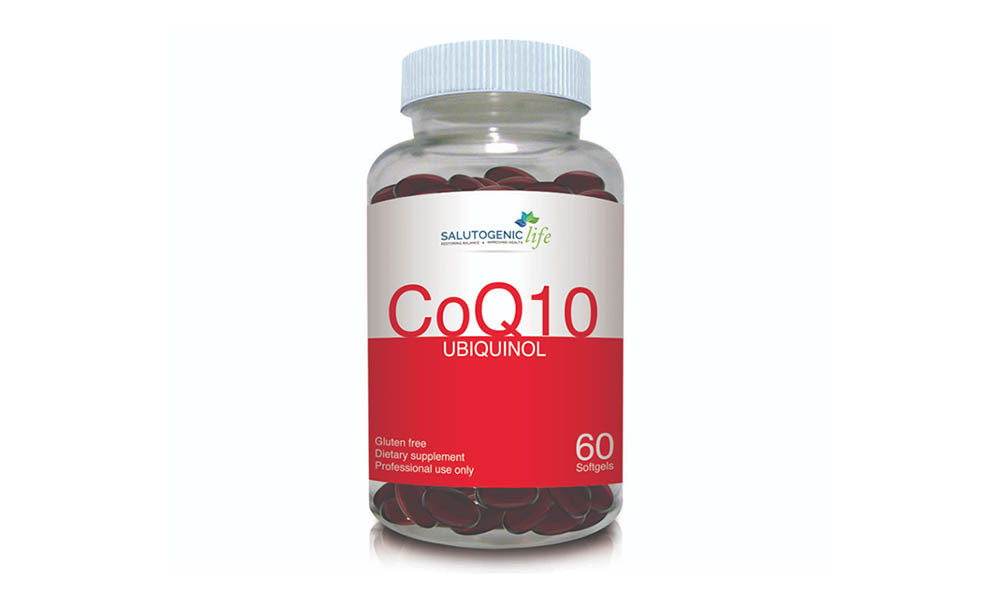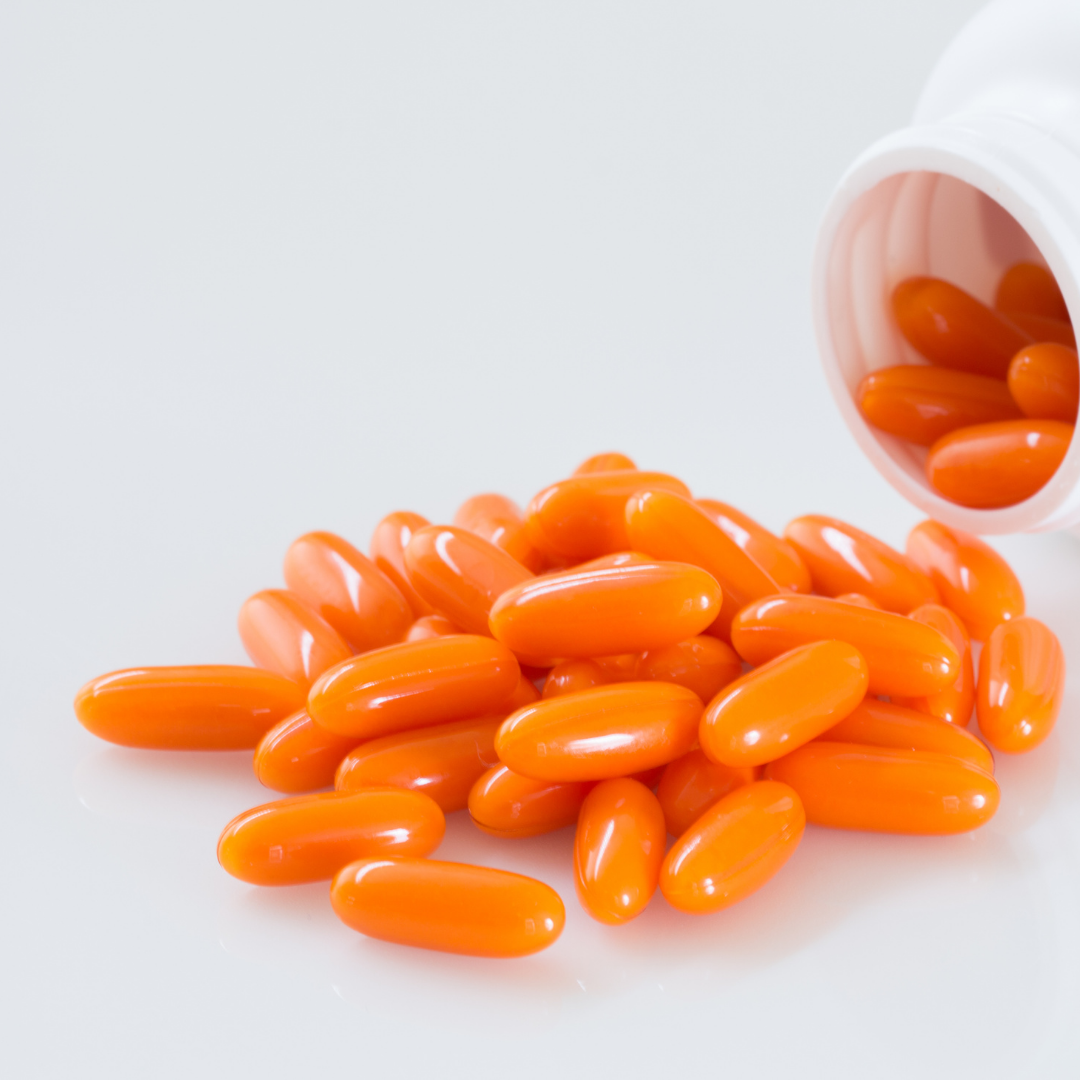Coenzyme Q10, commonly known as CoQ10, has been gaining significant attention in the realm of fertility treatments. As more individuals seek natural ways to enhance reproductive health, understanding the correct dosage of CoQ10 becomes crucial. This article delves into the science behind CoQ10, its benefits, and the recommended dosage for fertility.
When it comes to fertility, both men and women face various challenges that can affect their reproductive health. CoQ10, an antioxidant naturally produced by the body, plays a vital role in cellular energy production. However, its levels decline with age, making supplementation a potential solution for those struggling with fertility issues.
Whether you're considering CoQ10 for yourself or someone you know, this guide will provide you with all the necessary information to make informed decisions. Let's explore how CoQ10 can positively impact fertility and what dosage is recommended for optimal results.
Read also:Low Profile Shoes Women The Ultimate Guide To Style And Comfort
Table of Contents
- What is CoQ10?
- CoQ10 and Fertility
- CoQ10 Recommended Dosage for Fertility
- Benefits of CoQ10 for Male Fertility
- Benefits of CoQ10 for Female Fertility
- Choosing the Right CoQ10 Supplement
- Possible Side Effects of CoQ10
- Scientific Research on CoQ10 and Fertility
- Frequently Asked Questions
- Conclusion
What is CoQ10?
Coenzyme Q10, or CoQ10, is a compound that the body naturally produces. It plays a crucial role in energy production within cells and acts as a powerful antioxidant. CoQ10 is found in every cell of the body, but its concentration is highest in organs with high energy demands, such as the heart, liver, and kidneys.
How Does CoQ10 Work?
CoQ10 is involved in the production of adenosine triphosphate (ATP), which is the primary source of energy for cells. Additionally, its antioxidant properties help protect cells from oxidative damage caused by free radicals. As we age, the body's natural production of CoQ10 decreases, which is why supplementation may be beneficial for certain health conditions, including fertility.
CoQ10 and Fertility
The role of CoQ10 in fertility has become a topic of interest for researchers and healthcare professionals. Its antioxidant capabilities and energy-boosting properties make it a potential candidate for improving reproductive health in both men and women.
Why is CoQ10 Important for Fertility?
- CoQ10 helps improve mitochondrial function, which is essential for egg and sperm health.
- It reduces oxidative stress, which can negatively impact fertility.
- CoQ10 may enhance the quality and quantity of sperm in men.
- For women, it can help improve egg quality and increase the chances of successful conception.
CoQ10 Recommended Dosage for Fertility
When it comes to CoQ10 supplementation for fertility, determining the right dosage is critical. While there is no universally accepted standard, research suggests certain ranges that may yield the best results.
General Dosage Guidelines
For fertility purposes, a typical CoQ10 dosage ranges from 100 mg to 300 mg per day. However, individual needs may vary based on factors such as age, overall health, and specific fertility issues. It is always advisable to consult a healthcare professional before starting any new supplement regimen.
Read also:What Is A Blunt Cut The Ultimate Guide To Understanding Blunt Cuts In Haircutting
Benefits of CoQ10 for Male Fertility
Men experiencing fertility challenges may benefit significantly from CoQ10 supplementation. Studies have shown that CoQ10 can improve sperm quality, motility, and morphology, all of which are critical for successful conception.
Key Benefits for Male Fertility
- Enhances sperm motility and overall vitality.
- Reduces oxidative stress in sperm cells.
- Improves semen quality in cases of male infertility.
Benefits of CoQ10 for Female Fertility
For women, CoQ10 can play a vital role in improving egg quality, especially as they age. The decline in ovarian reserve and egg quality with age is a common concern, but CoQ10 may help mitigate some of these effects.
Key Benefits for Female Fertility
- Supports mitochondrial function in eggs, enhancing their quality.
- Reduces oxidative stress in ovarian tissues.
- May increase the chances of successful in vitro fertilization (IVF).
Choosing the Right CoQ10 Supplement
Not all CoQ10 supplements are created equal. When selecting a product, consider factors such as form (ubiquinone or ubiquinol), bioavailability, and brand reputation. Ubiquinol, the reduced form of CoQ10, is generally more absorbable and suitable for individuals over 40.
Tips for Selecting the Best CoQ10 Supplement
- Look for supplements from reputable manufacturers.
- Choose products with third-party testing and certifications.
- Consider the form of CoQ10 (ubiquinone vs. ubiquinol) based on your needs.
Possible Side Effects of CoQ10
CoQ10 is generally considered safe for most people when taken in appropriate doses. However, some individuals may experience mild side effects such as stomach upset, nausea, or insomnia. It is important to follow the recommended dosage and consult a healthcare provider if any adverse effects occur.
Scientific Research on CoQ10 and Fertility
Several studies have investigated the effects of CoQ10 on fertility, yielding promising results. One study published in the journal "Fertility and Sterility" found that CoQ10 supplementation improved sperm quality in men with infertility. Another study highlighted its potential benefits for women undergoing IVF treatments.
Key Findings from Research
- CoQ10 supplementation may increase the likelihood of successful conception in both men and women.
- It reduces oxidative stress, which is a major contributor to infertility.
- CoQ10's role in mitochondrial support is crucial for maintaining optimal reproductive health.
Frequently Asked Questions
1. Can CoQ10 improve fertility in older women?
Yes, CoQ10 has shown potential in improving egg quality and supporting fertility in older women. Its ability to enhance mitochondrial function makes it beneficial for women with declining ovarian reserve.
2. Is CoQ10 safe to take during pregnancy?
While CoQ10 is generally considered safe, it is always best to consult with a healthcare provider before taking any supplements during pregnancy.
3. How long does it take for CoQ10 to show effects on fertility?
The time it takes for CoQ10 to impact fertility can vary depending on individual factors. However, most people notice improvements within 3 to 6 months of consistent supplementation.
Conclusion
In conclusion, CoQ10 offers promising benefits for fertility in both men and women. Its role in improving mitochondrial function and reducing oxidative stress makes it a valuable supplement for those seeking to enhance their reproductive health. When considering CoQ10 for fertility, it is essential to follow the recommended dosage guidelines and choose a high-quality supplement.
We encourage you to share your thoughts and experiences with CoQ10 in the comments below. Additionally, feel free to explore other articles on our site for more information on fertility and related topics. Remember, taking proactive steps towards improving your health can make a significant difference in achieving your fertility goals.



